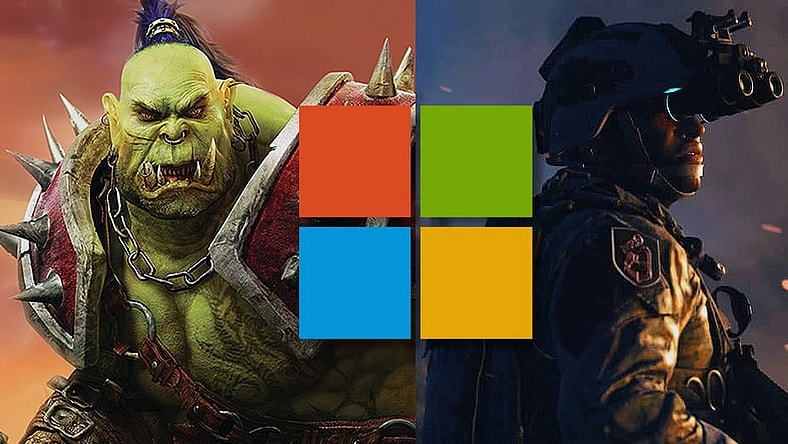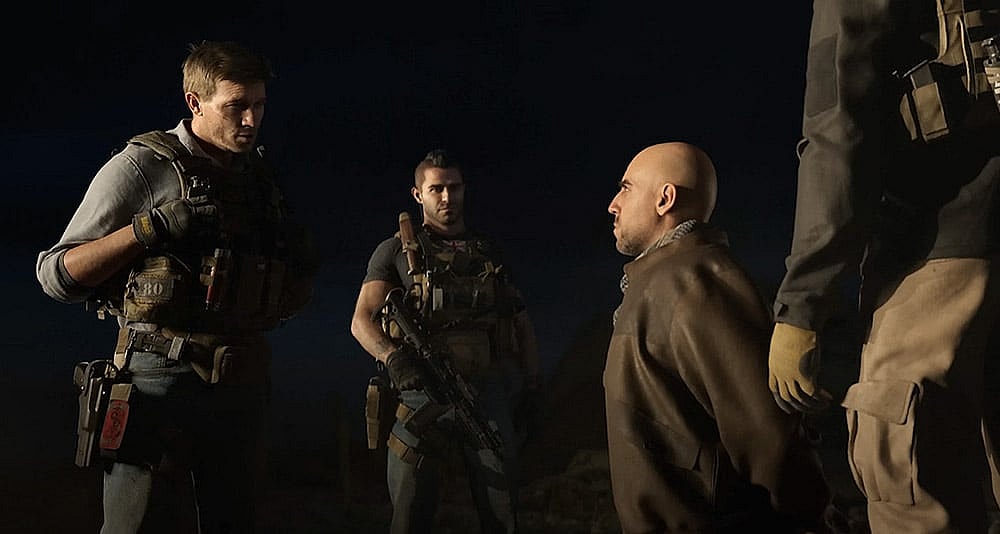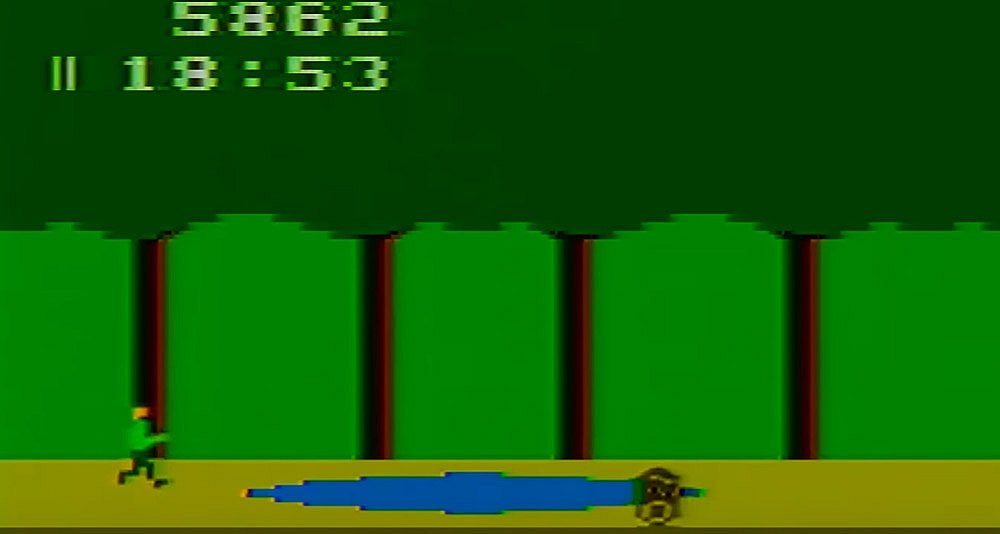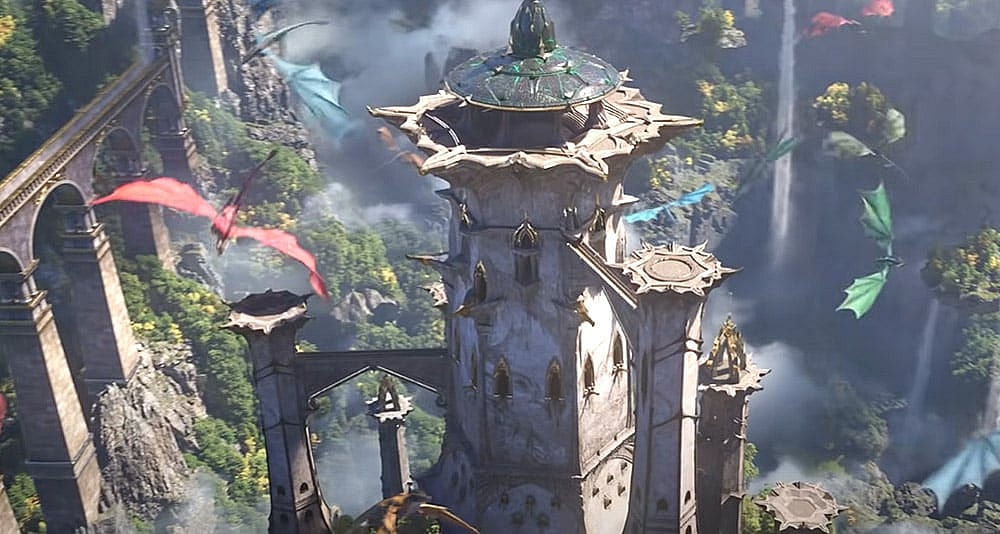Microsoft Partners With Nvidia & Nintendo To Justify The Purchase Of Activision Blizzard

It’s no secret that Microsoft has had its eye on popular video game company Activision Blizzard, a byproduct of the 2008 merger between Activision and Vivendi Games, the latter of whom owned Blizzard Entertainment. Microsoft is facing challenges from EU regulators and competitors who are suspicious of its attempted $69 billion dollar buyout, arguing it would allow Microsoft to further monopolize the games industry.

Now, the company is attempting to go around the blockade by forging 10 year agreements with Nvidia and Nintendo, which will allow them to bring games to both platforms. One of the most popular franchises in Activision Blizzard’s catalogue is Call of Duty, a linchpin in this latest attempt to ram through the purchase. Microsoft’s deal with Nintendo would allow them to bring new Call of Duty titles to their platform for the next decade, after the buyout is complete.
Microsoft’s argument is that such a move would allow them to reach a wider audience through Nvidia’s cloud streaming service, and Nintendo’s own console and device hardware. This would, at least in theory, demonstrate that the company is exercising a non-monopolistic approach, especially if both agreements are legally binding.

Whether it’s enough to convince US and EU regulators and watchdogs is another matter. EU laws of this type are notoriously complex, and some would argue unnecessarily strict, especially when it comes to content creation. One company, however, is holding the line, and refusing to budge, at least for now.
Sony has openly objected to the deal, according to Microsoft President Brad Smith, who spoke to CNN Business on the matter. “We’re really down to one principal company that is objecting to this deal, and that’s Sony,” said Smith, “…and we’ve made clear that we’re happy to enter a 10-year agreement with Sony, and we’re prepared to enter regulatory obligations as well, whether it’s London or Brussels or Washington.”

Resistance from Sony isn’t unexpected. Both companies have been rivals in the video game console space for over two decades, with Sony tending to dominate the field. Microsoft’s latest push to acquire Activision Blizzard must appear threatening for Sony, who rely heavily on third party support to pad its gaming lineup. Time will tell if Sony softens its stance, or if it maintains its objection for the purpose of roadblocking Microsoft’s progress.
Activision was founded in 1979, and is considered one of the most influential companies in video game history. It was also no stranger to mergers and acquisitions, having gobbled up influential devs such as Raven Software, Treyarch, Gray Matter Studios, RedOctane and of course, Infinity Ward, creators of the Call of Duty franchise.

Vivendi Universal was a branch-off project spearheaded by Compagnie générale des eaux (CGE), a water company founded in the 19th century under Imperial decree. Vivendi got its start in 1997, and began making moves to acquire other companies in short order, most notably Sierra Entertainment, creators of the popular King’s Quest, Space Quest and Police Quest series of PC-based adventure games. Vivendi was also parent company to Blizzard Entertainment, creators of the World of Warcraft franchise, and its mega-popular MMORPG title.
What do you think? Is this attempted purchase of Activision Blizzard by Microsoft a good thing, or is the company trying to create a monopoly? Sound off in the comments section and share your take.
